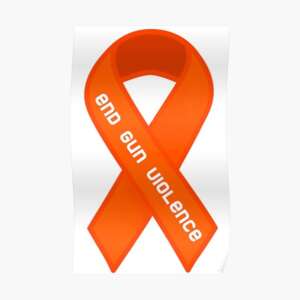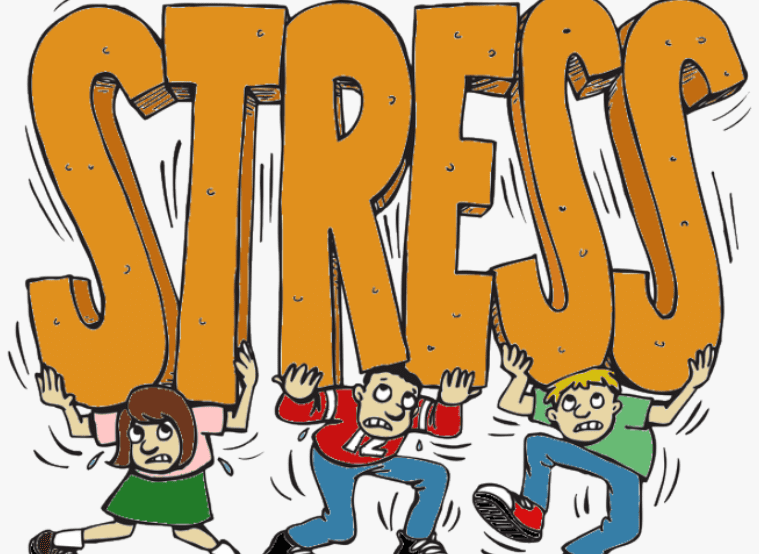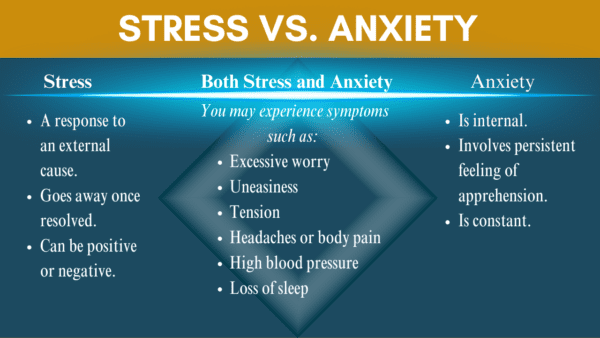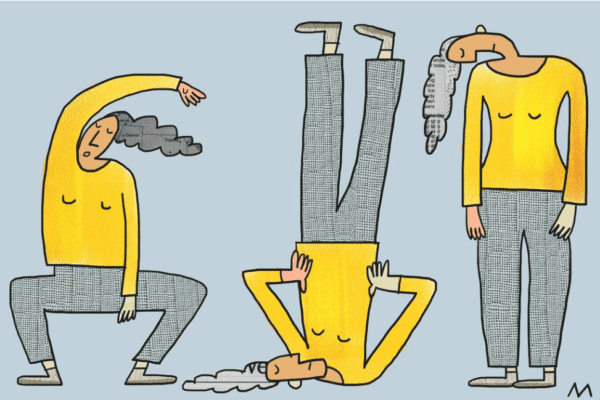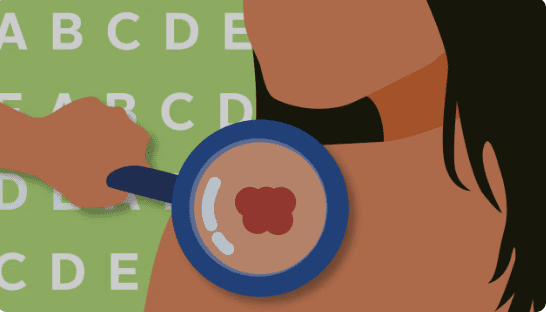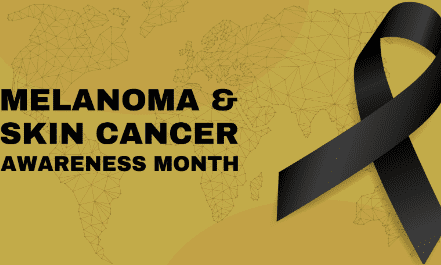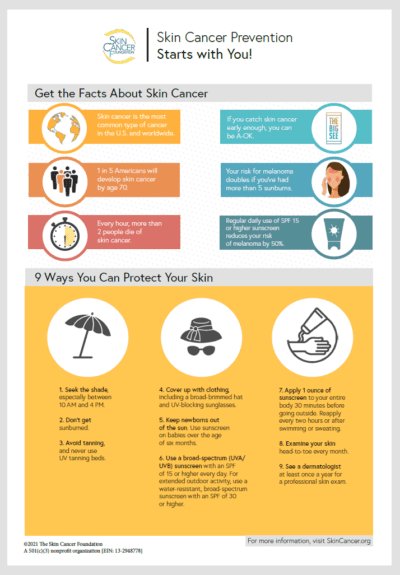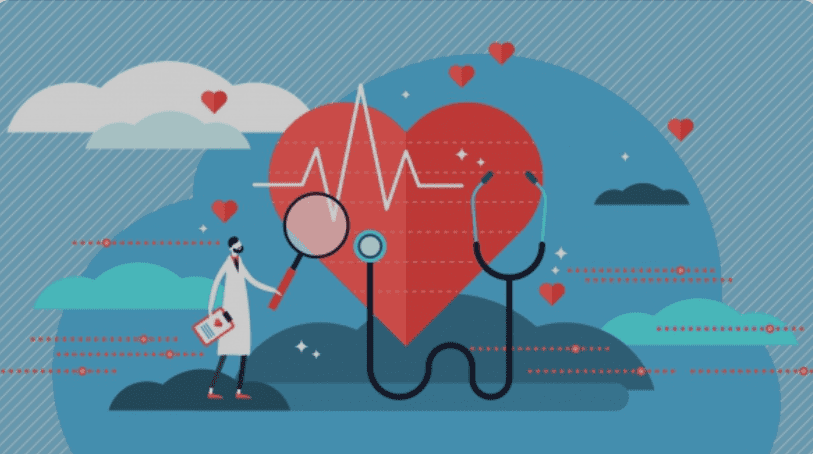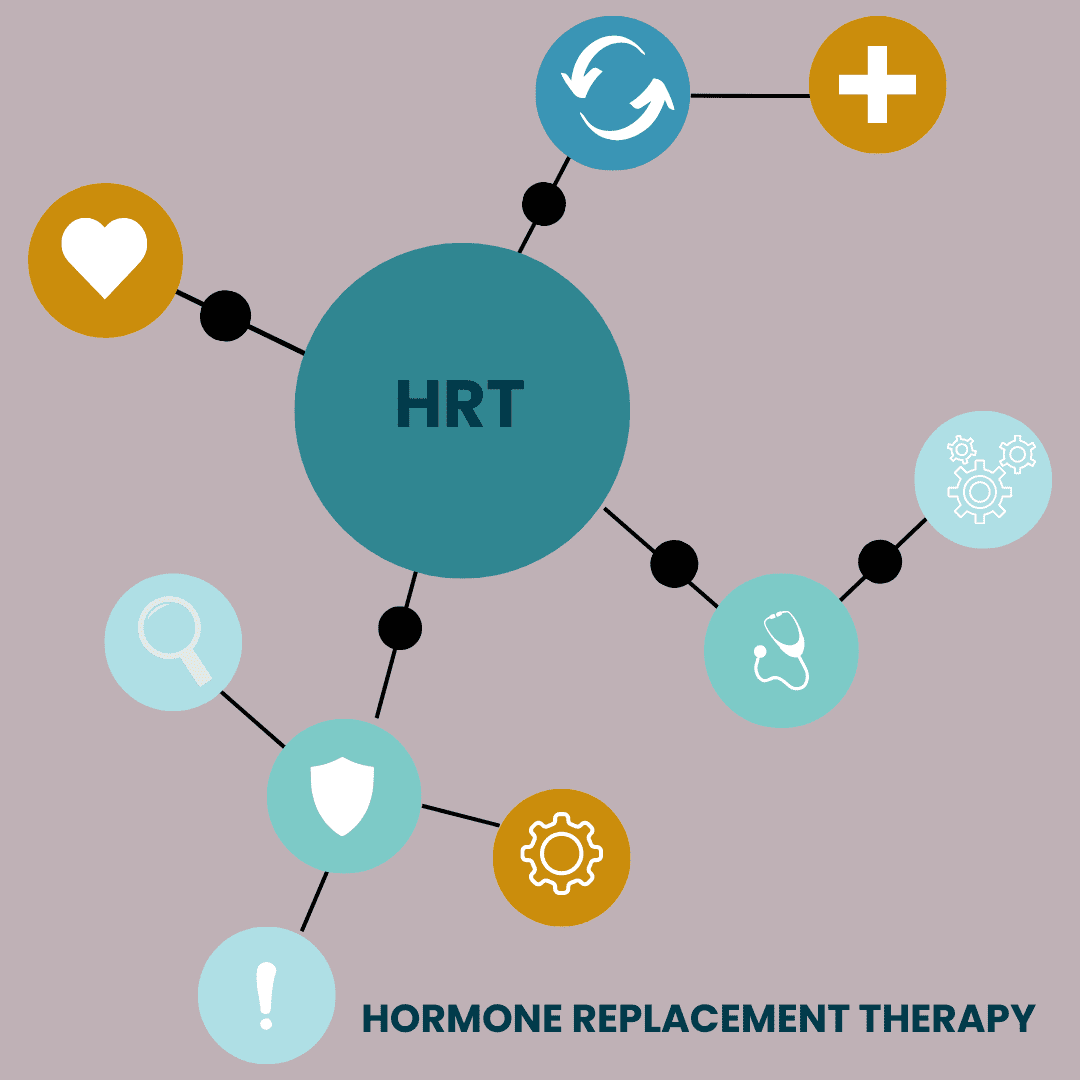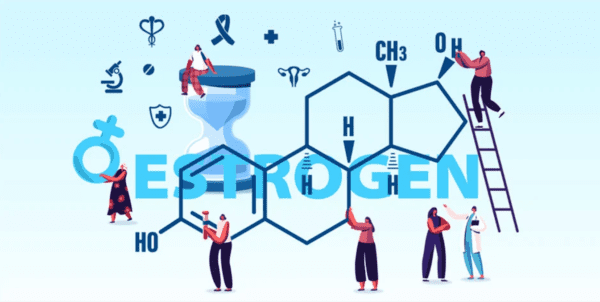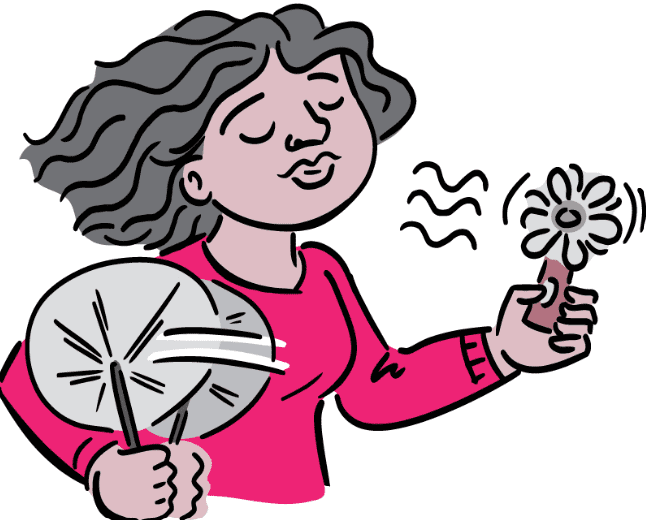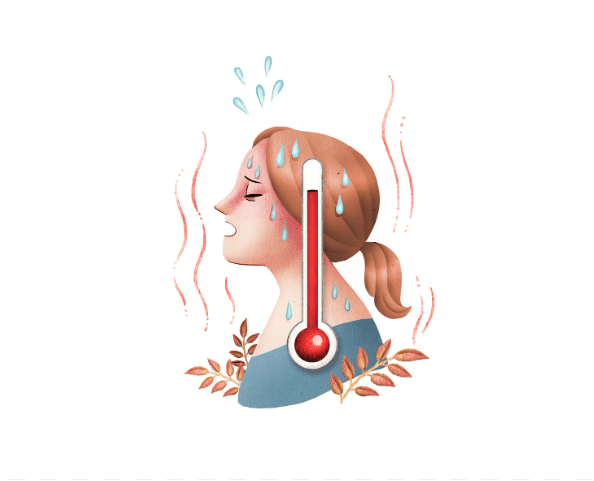Brain Health Matters
Brain awareness JUNE 2023
Brain health matters… it helps to keep us sharp and staves off the effects of dementia. There are lots of great things you can do to keep your brain healthy and there has never been a better time to start than now!
Keeping Your Brain Strong
Eating Healthy, Exercising Daily, Getting Plenty of Sleep, Paying Attention to Your Mental Health and Socializing with others are critical components to brain health. Today we are going to focus on the most important Tip for Brain Health: Continuing to Learn New Skills.
Use it or Lose It.
Become a lifelong learner to keep your brain active and healthy. Engage in activities that stimulate your brain!
Every time you learn something new you build new connections between your brain cells and the more stimulated your brain is, the more active it becomes. Challenging the brain is key.
- travel to new places
- learn a new language
- take a course
- play a new game: puzzles, chess, workbooks
- read a book
- draw or paint
- listen to new music
- learn new recipes
- play a musical instrument: piano is thought to engage both left and right brain at the highest level



